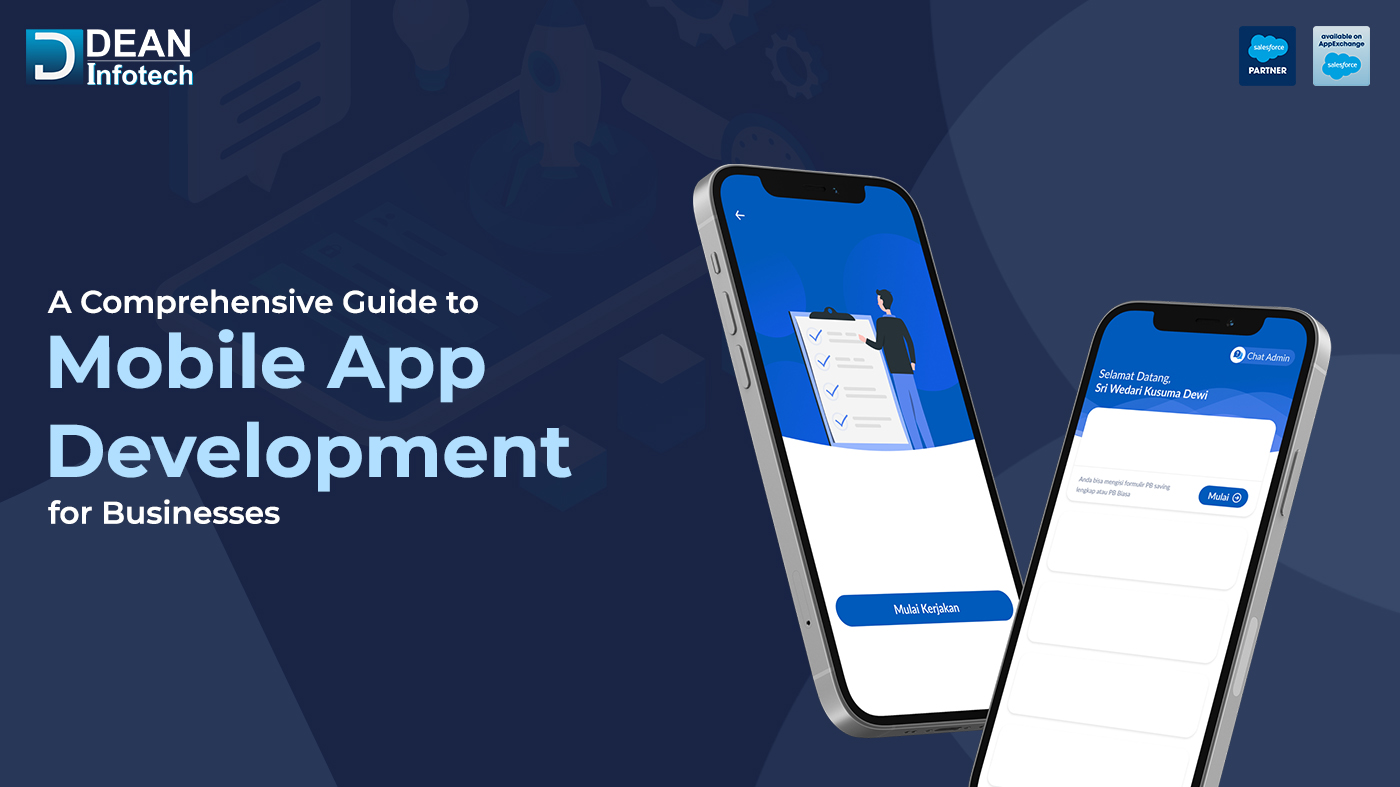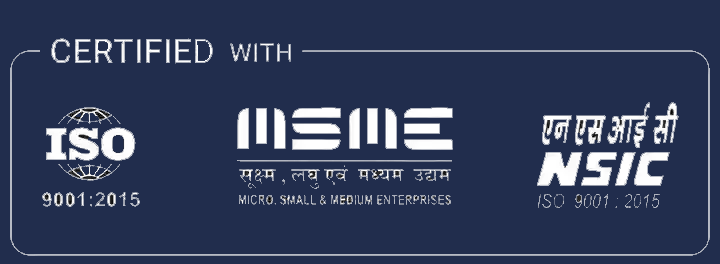A Comprehensive Guide to Mobile App Development for Businesses
 Ankit Agarwal Friday, November 10, 2023
Ankit Agarwal Friday, November 10, 2023
As we enter a fast-paced digital era, mobile applications are becoming a cornerstone for businesses to connect with their customers effectively. With the surge in smartphone usage, companies are increasingly turning to mobile app development to stay ahead in the competitive market. This guide offers an in-depth exploration of the intricacies of mobile app creation and its significance for businesses.
Overview
Mobile Application Development involves creating software applications for mobile devices, such as smartphones and tablets. These applications can be pre-installed during manufacturing, downloaded from various mobile software distribution platforms, or accessed via web browsers. A well-designed mobile app not only enhances the user experience but also enables businesses to streamline their operations, boost customer engagement, and expand their market reach.
What is Mobile Application Development?
A mobile application development involves a series of steps, including conceptualization, design, development, testing, and deployment, to create a functional and user-friendly application. An in-depth understanding of the target audience, their preferences, and the business's specific goals is required. Whether it's iOS, Android, or cross-platform development, choosing the right approach is crucial for delivering an exceptional user experience.
Steps for Mobile Application Development
Mobile app development involves a meticulous process comprising planning, design, development, testing, and deployment. Businesses must navigate these steps adeptly to ensure the creation of a robust and user-friendly mobile application.
1. Planning and Strategy:
- Identify the app's purpose and target audience.
- Conduct market research and analyze competitors' apps.
- Define the app's features and functionalities.
2. Design:
- Design the user interface (UI) and user experience (UX).
- Focus on intuitive navigation and visually appealing design elements.
3. Development:
- Choose the appropriate technology stack and development platform.
- Code the app with a strong emphasis on scalability and security.
- Integrate essential features like data management, user authentication, and social media connectivity.
4. Testing:
- Identify and fix bugs and performance issues through rigorous testing.
- Ensure the app is compatible with various devices and operating systems.
5. Deployment:
- Publish the app on popular apps like the Google Play Store and Apple App Store.
- Implement effective app store optimization (ASO) strategies to improve visibility and downloads.
Conclusion
In this digital age, the significance of Mobile App Development cannot be overstated. It has become a powerful tool for businesses to engage with customers, enhance brand loyalty, and drive revenue growth.
To stay ahead in this competitive landscape, partnering with a reliable and experienced development partner like Dean Infotech can make all the difference. Contact Dean Infotech today to transform your business ideas into compelling mobile applications that resonate with your target audience.








Comment